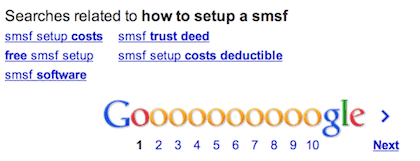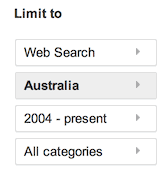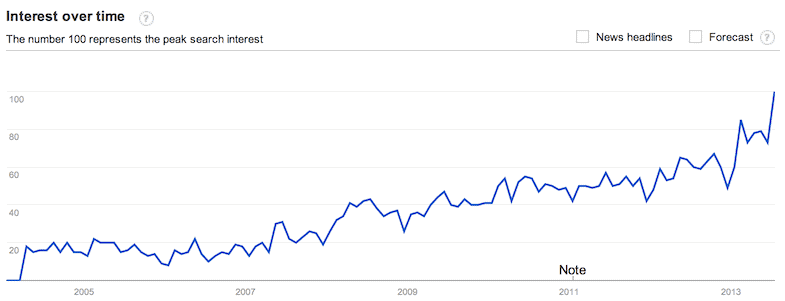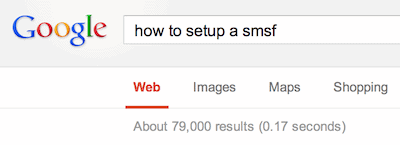SEO: Develop a keyword strategy
Developing a keyword strategy for your WordPress website is not complex but something that should be done if you're serious about gaining a better ranking with the likes of Google and Bing

I regularly write about SEO (search engine optimisation) here on our blog because it’s something that I talk to clients about every week. Not only with new clients but WordPress websites from a or more years ago; most business owners know that they need to do something about SEO – even if they’re not really sure exact what they need to do.
So, I’m going to share a simple strategy that I use when training businesses about SEO – Develop a keyword strategy.
Some background to begin with
Let’s clear up a couple of points to start with. Search engines (i.e. Google, Bing etc… ) come to your website, they “read” your content (the text on the pages not in images etc.. ) and they add you to their index, rank you and if you’re lucky – show your website to users that are doing a search.
If you’ve not read it already visit this post from a couple of weeks back “SEO for your WordPress website – In 10 minutes” – it provides a good primer on the topic.
Keywords: what you need to know
Regardless if it’s a new website or an old one that you’re starting to focus on SEO, you need to begin by narrowing down and deciding upon a set of keywords. They don’t have to be single words, so when I say ‘keyword’ throughout this blog post, think of it as ‘keywords and key phrases’.
You’re not going to be able to rank well in the search engines for everything, so I usually recommend settling on about 8 – 15 keywords. Once you decide on these, you need to stick with them. For a long period of time (think 6 – 12 months). Writing a blog post with the keyword “Plumber in Sydney” once is not going to cut it, you need to be consistently reinforcing your chosen keywords over time.
The rest of this post is about how to decide on these 8 – 15.
Let’s work through an example
For the sake of this post let’s use the example of an accounting firm wanting to target people setting up a self managed super fund. Dry subject I know but it’s real world!
Start broad, then narrow your focus
Begin by writing down all the words and phrases you can think of that make sense for your business and website. All the terms that you think a user would enter when confronted with the Google search box and looking for whatever it is that you do.
Don’t be shy: you can get to 20 or 30 terms with a bit of brainstorming, at this stage the more the better.
Do others think like you?
In all the websites I’ve worked on or consulted to I can answer this one for you. No, others do not think like you.
You know your product, you know exactly where to find you. Before any one of the keywords that you’ve written down can make it onto the final list we need to ensure that other people (and preferably a lot of other people) also use the same word in a search engine.
Do some searches with your ideas
While you’re working on your list actually do some searches on Google for the words. Look at the bottom of the first page and Google, right there is giving you hints on what you should also include.
I’ve searched for ‘how to setup a smsf’; Google will show me related searches, because that’s what other people search for. Also you see human nature at work here. You think “how to setup a smsf” users think “smsf setup costs” – learn from what you see at this stage.

Google Trend is your friend
Google Trends (yes there’s an ‘s’ in there but it messed with my rhyming heading!) is a tool that allows you to see if a search term is popular and more than that you can see if the trend is going up or down. There’s no point choosing a search term for your web site that is getting less popular.
So here’s what to do:
 Visit Google Trends – bookmark http://www.google.com/trends
Visit Google Trends – bookmark http://www.google.com/trends
If you are only concerned with people in Australia, choose Australia from the section “Limit To” – it’s on the left hand side of the interface. Leave it on the default Worldwide if you’re looking for trends internationally.
Enter each of your search terms into Google Tends and next to them on your piece of paper give it a score of 1,2 or 3.
- 1 – the trend is going down
- 2 – the trend is fairly flat
- 3 – the trend is going up

Very quickly you will gravitate to some keywords and throw out others. This is a good example, ‘smsf’ is a search term that is trending up nicely, do the same for the keyword ‘self managed super fund’; not inspiring at all – people search for the acronym not the full words, so that will help you cull your list right there. This is the interesting part of this simple research you can quickly move to what will be successful inclusions on your keyword list.
Gauge the competition
Ok, so on your list you have 1 , 2, 3 keywords. The 1 words, well they are pretty much gone by now. We need to sift through the 2 and 3 keywords and work out who’s in and who gets voted off the island.
Competition is the next thing to look at.
Consider this: if there are 10 other websites vying for a keyword then it’s easier to rank well, however if there are 1,343,937 websites that are in contention – it’s a little more difficult.
Once again a simple Google search is going to tell you the answer.

Now I can’t say here what the magic number is, it varies from term to term. What you do is move through your 2 and 3 ranked keywords and write down next to them the number of pages that Google says responds to that keyword.
Don’t be emotional about your list
Do not be attached to your keywords, you’ve got now, right in front of you the black and white answers. Go with the 2 and 3 ranked words with the smallest amount of competition. What you’ve just done is position yourself to get the quickest success for your website, sticking with words because you feel right about them is not the way to go.
What now?
Well this is usually the first step in a search engine optimisation strategy, before you move on though do this. Print your list of keywords, if there are multiple people writing for your website make sure that everyone has a copy of the keywords. You’ve got to use them, use them consistently and more than anything use them in the correct places.
To get you started with the “where do I use them” read this post: – WordPress SEO for the Genesis Theme Framework.
Good luck with your SEO!

Reader Interactions